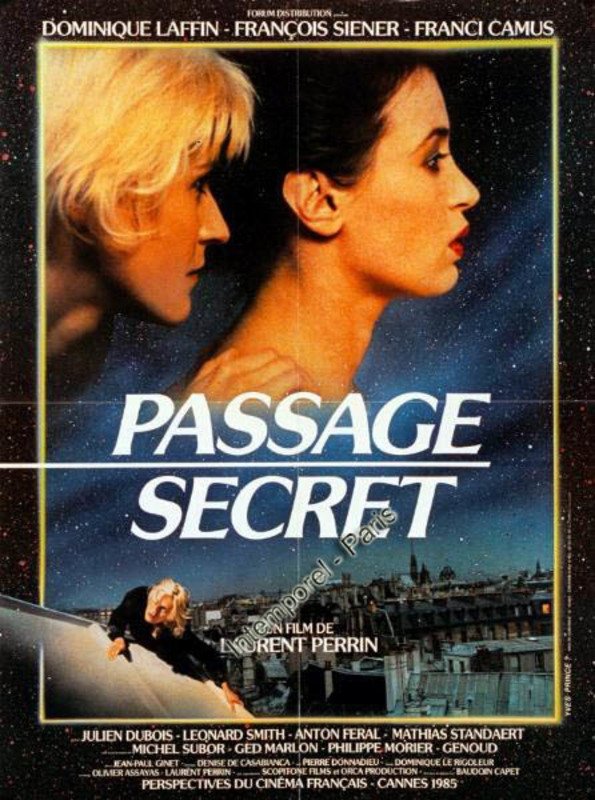

In a somewhat deflated story of robbery and deception set against the rooftops and byways of Paris, a group of enterprising petty thieves take advantage of the dog days of August to burglarize vacated apartments. At this time of year, all Parisiens are on vacation elsewhere, and the city is invaded by tourists on vacation from their own cities. In this mass rearrangement of the European population, the thieves get away with their looting until they run into an architect who catches them in the act. But his morals are nothing to brag about, as he gets more involved in what they are doing and wants some of their take. He is also smitten with one of the down-and-out women the thieves have been supporting (Dominque Laffin). As in so many French dramas, these conflicting relationships are doomed to be resolved only by tragedy.
Dominique Laffin (June 3, 1952, in Saint-Mandé, Val-de-Marne, France – June 12, 1985, in Paris) was a French actress who appeared in 19 films between 1975 and 1985. Laffin made her major film debut in 1977, gaining critical acclaim for her role in Jacques Doillon's 1979 film, La Femme qui pleure. For her performance, she was nominated for the César Award for Best Actress. That same year, she co-starred with a young Roberto Benigni in the film Chiedo asilo. Her career was cut short at the age of 33 by a massive heart attack. Her daughter later said that she had committed suicide, but says that she has not been able to confirm this either way. During her short career, Laffin appeared with many of France's rising young stars, including Gérard Depardieu, Juliette Binoche and Miou-Miou, as well as established stars such as Yves Montand. Laffin is buried near the renowned director François Truffaut in the Cimetière de Montmartre in the Montmartre Quarter of Paris. Her daughter, the French politician Clémentine Autain, was born in 1973. Source: Article "Dominique Laffin" from Wikipedia in English, licensed under CC-BY-SA 3.0.
By browsing this website, you accept our cookies policy.